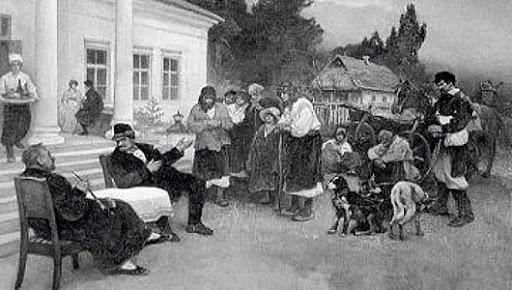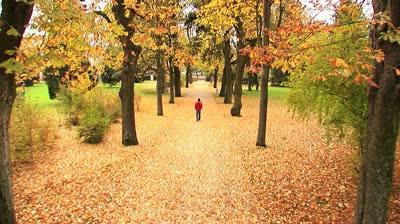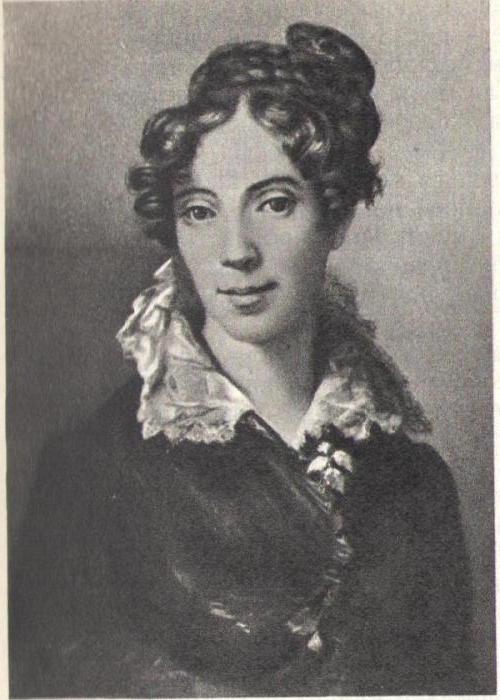Nikolay Nekrasov: "Elegy". Analysis, description, conclusions
The name of the Russian poet and publicist Nekrasovis closely connected with the notion of civic folk lyricism. Nikolai Alekseevich, a nobleman by birth, lived with the interests of the most numerous class of contemporary Russia-the peasantry. The poet was disgusted by the hypocritical position of the landowners, who, despite their education and liberal sentiments, continued to be serfs, in fact - slaveholders. That is why Nekrasov consciously dedicated his lyre to the people, hoping that the flaming poetic word will find a response and will be able to change something. This idea also sounds in the work "Elegy". Nekrasov's poem still looks modern today.

How did the poem "Elegy"
People and the Motherland - the central theme of all worksNekrasov. However, not all contemporaries sympathized with the mood of the poet. While analyzing the poem "Elegy" by Nekrasov, it is impossible not to mention that the lyrical work became the answer-refutation to those critics who reproached the poet for "writing" about the suffering of the people and not being able to say anything new. The dedication preceded by the lines of "Elegy" is addressed to a friend of the poet A. Erakov - a deeply sympathetic and intelligent person. The work was donated to him on the name day and accompanied by a letter in which the poet said that these are the "most intimate and beloved" of his poems.
The historical background on which Nekrasov worked
"Elegy", the analysis of which will be presented inarticle, was written in 1874, thirteen years after the abolition of serfdom. The problem that disturbs Nekrasov's heart is expressed in the question: is the people liberated from the bonds of serfdom happy? No, the expected heyday did not happen, ordinary people are also deprived and oppressed. Nekrasov was a supporter of the so-called "American" way of development of capitalism in Russia, in his opinion, the peasant will then only heal happily and freely when he manages a personal economy. The practice of exploitation was sharply and irreconcilably condemned by the poet and citizen Nekrasov.

"Elegy". Analysis of the poem's content
In the first part, the author refers to the fashionabletrends in which there is no place for social sentiment, and laments that the times when poetry can chant beauty, have not yet come. The muse should soundly call to the conscience of the "strong world", while "the people drag themselves in poverty" and obediently demolish their physical and moral slavery. Further, the poet claims that he himself "dedicated the lyre" to the people and expresses his credo: let the result not immediately be seen, and the efforts seem hopeless, however "everyone goes to battle!" In the second part of the poem, the idyllic pictures of peasant life are presented to the reader by Nekrasov. "Elegy" (we will later supplement the analysis of the work with a study of poetic techniques used by the author) very tenderly and at the same time sublime conveys the love and respect of the poet to the working people. In the third part, Nekrasov appeals to nature, personifying the universe, and contrasts her lively and passionate response to the indifferent silence of the people, to whom the poet's passionate calls are dedicated.

Artistic features of the poem
When Nekrasov proclaimed that the poet must becitizen, he was blamed, they say, the civil motives forced out poetry in his creations. Is it so? Analysis of the poem "Elegy" Nekrasov confirms that the poet was not at all stranger to spectacular poetic devices. Written with a six-foot iambic pirrihii, the poem immediately takes an excitedly solemn intonation and recalls the high patterns of classicism. This is also evidenced by words of a high style: "vzmamlet", "virgins", "rock", "dragged on", "echo", "lyre". Exploring the poem, we see how skillfully the personification of Nekrasov uses. "Elegy", the analysis of which, of course, is not exhausted by the enumeration of means of expressiveness, represents the fields and lobes attentively listening to the lyrical hero, and the forest to the responding to him. Very expressive epithets: "red day", "sweet tears," "naive enthusiasm," "slow old man," "excited by dreams." The people under the yoke expressively compared with the "lean herds" on the "sloping meadows." Lira metaphorically comprehended as a warrior, serving for the good of people.

Nikolay Nekrasov, "Elegy". Analysis of the genre form
The genre of elegies arose in ancient times, the wordis translated into Russian as a "plaintive motif of a flute". It is a sad, thoughtful and even dull lyric, whose purpose is to describe and create in the listener sad thoughts about the transience of time, about separation from dear people and places, about the vicissitudes of love. Why did Nekrasov choose this genre for his social poem? His love for the people was not rhetorical, it was sharp, tragic and never-ending. The elegant genre, prepared for the expression of very personal feelings, emphasizes how carefully, intimately and painfully the poet's attitude toward the people's share. At the same time, Nekrasov, as it were, strikes out the tradition of devoting lyrical creations to individual experiences and polemically proclaims another "mode" - the lyre must reflect the public interests as strictly personal.
Finally
Perhaps, in the writings of the poet, the lyrics were inferiorcitizenship, and his poems are not fascinated by the elusive breath of harmony. However, who will argue with the fact that Nikolai Alekseevich Nekrasov is wise, extremely sympathetic, and the future of his country is dear to him? It is for this that we are grateful to this great Russian poet.
</ p>







